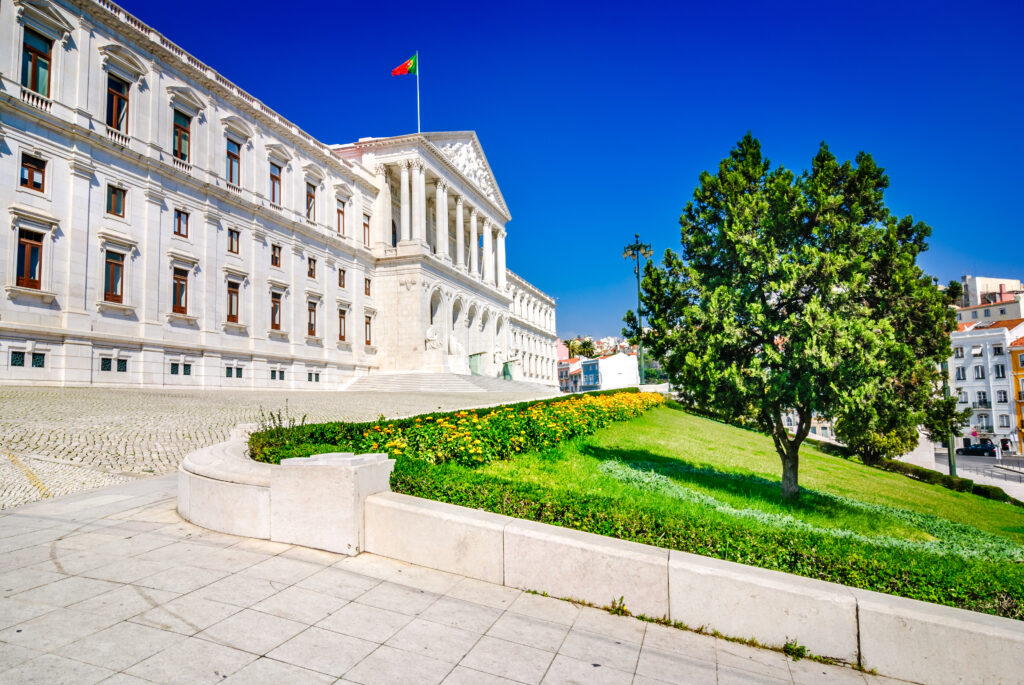Portugal is set to hold its third national election in three years after the centre-right minority government led by Prime Minister Luis Montenegro collapsed following a no-confidence vote. This marks the most turbulent time in Portugal’s 51-year democratic history. The election will take place amid rising political uncertainty and public frustration with the current leadership.
The campaign has just ended, with the Socialist Party and the Social Democrats making their final appeals to voters. The Socialists promise to restore stability and direction to the country, while the Social Democrats emphasize national strength and continuity. Voters now face a choice that could determine Portugal’s political future.
A notable development is the growing support for the far-right populist party Chega, which is now the third-largest political force in Portugal. Chega has gained momentum by tapping into voter anger about corruption, political elitism, and perceived stagnation in the political system. This rise in populism adds another layer of complexity to the election.
The collapse of Montenegro’s government was influenced by allegations of conflicts of interest involving his family’s law firm. Montenegro denies any misconduct and states that he handed over control of the firm in 2022. Despite this, the Socialist Party has called for a parliamentary inquiry, increasing tensions in the political arena.
Economic data presents a mixed picture. Portugal’s GDP grew by 1.9% in 2023, and unemployment stands at 6.4%, figures that are near or better than the European Union average. However, many voters remain skeptical about the government’s ability to manage economic and social issues effectively.
This election is particularly important because Portugal is currently managing more than €22 billion in European Union recovery funds. Political instability could threaten the timely and effective use of these resources, which are critical for the country’s economic recovery.
The President of Portugal has urged citizens to vote in large numbers, emphasizing the need for stable leadership to handle ongoing economic and security challenges in the country and across Europe.
The outcome of this election will likely reshape Portugal’s political landscape and test the strength of its democracy during a period marked by economic challenges and rising populism.


